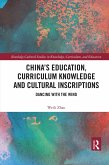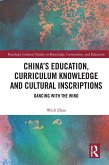
eBook, PDF
27. Juni 2018
Taylor & Francis eBooks
eBook, ePUB
27. Juni 2018
Taylor & Francis eBooks
Ähnliche Artikel
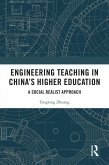
eBook, PDF
2. Juni 2023
Taylor & Francis eBooks
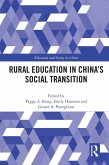
eBook, PDF
17. Dezember 2020
Taylor & Francis eBooks
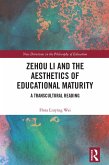
eBook, PDF
19. September 2022
Taylor & Francis eBooks
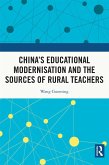
eBook, PDF
30. Dezember 2022
Taylor & Francis eBooks
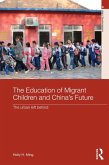
eBook, PDF
17. Dezember 2013
Taylor & Francis eBooks
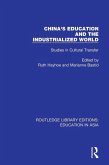
23,95 €
Sofort per Download lieferbar
eBook, PDF
12. Dezember 2017
Taylor & Francis eBooks
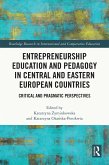
eBook, PDF
20. Oktober 2023
Taylor & Francis eBooks
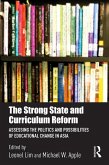
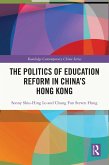
eBook, PDF
31. März 2022
Taylor & Francis eBooks
Ähnlichkeitssuche: Fact®Finder von OMIKRON

